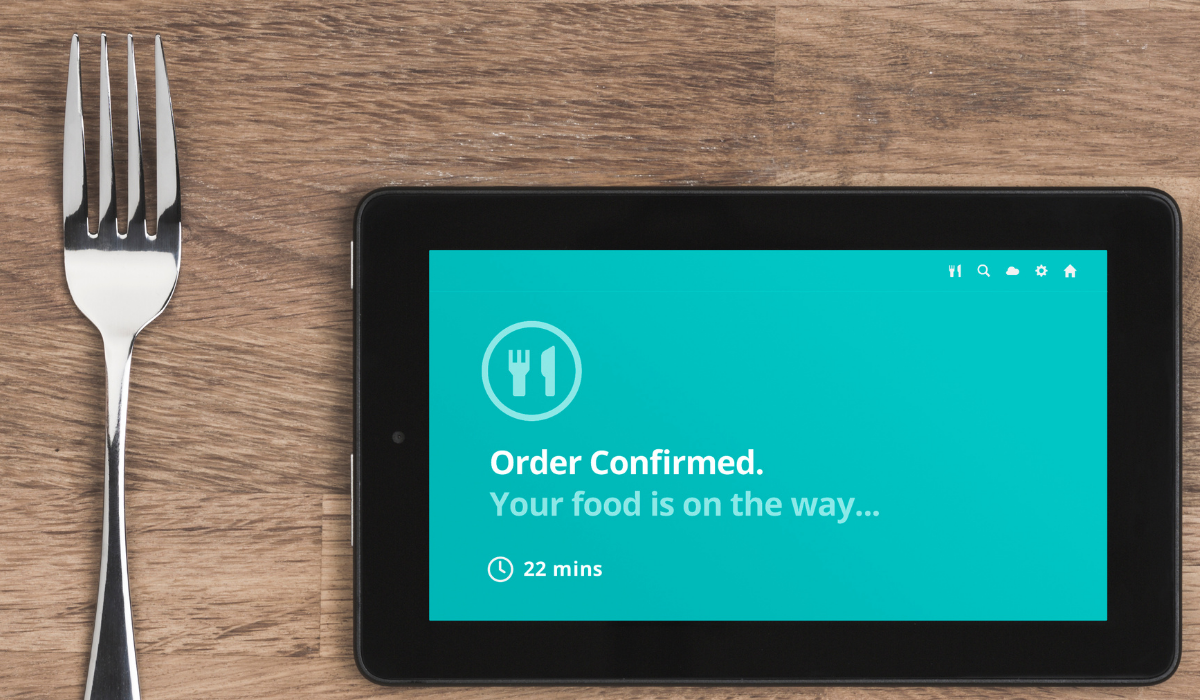Consumer Habits: A Retrospective for Restauranteurs
To borrow from Oliver Twist, “Food! Glorious food!” Even a global pandemic couldn’t dissuade our desire for delicious culinary experiences, but the...
3 min read
Jon Laurie-Beaumont October 21, 2021

As the days get shorter and the weather gets colder, many of us will start turning to our favourite restaurants for some much needed comfort food. But what does the relationship between patrons and food establishments look like within the context of the 'new normal'?
2021 has been a mixed bag for the food service industry. On one hand the data shows consumers have begun to frequent restaurants once again while on the other operators are facing mounting supply chain and labor challenges. In this 4th edition of the large scale North-American survey, Changes in Consumer Habits: What the 'New Normal' Means for Restaurants & Food Service, we reveal key trends to help restaurants align with current customer expectations and make repeat customers out of returning patrons.
As always, you can download the full report for free here or continue reading for a short synopsis of the key findings.
As we alluded to above, the latest data shows a significant increase in the frequency with which consumers are visiting restaurants. 11% of fall respondents reported eating at restaurants two or three times a week, up from 6% in the spring, and 4% said they do so more than three times a week - doubling the number we saw at the beginning of the year.
One reason for this increase could be reduced concerns around COVID-19 measures. When asked what factors are most important in deciding where to eat, pandemic-related drivers such as online ordering or outdoor seating didn’t even crack the top five. Instead, quality of food was ranked far and away the most important factor followed by cleanliness and price.
If you’re thinking cleanliness sounds like a pandemic-related driver, it has really become part of the ‘new normal’. In fact, there has been little to no fluctuation in the importance of cleanliness over the past couple years.
64% of recent respondents said cleanliness is still an extremely important factor when choosing where to eat. It has, however, fallen from the top three improvements consumers want to see from restaurants. This indicates that, while most restaurants have risen to meet the new expectations around cleanliness, there is no reason to think these expectations will decline.
Despite the increase in patrons choosing to dine-in at their favourite restaurants, the surge in e-commerce experienced during lockdowns and stay-at-home-orders is holding strong almost two years later. Just over half of recent respondents are still reporting increased online spending and 60% said they’ve used alternative fulfillment methods such as curbside pickup or delivery.
However, consumers show a strong preference for completing these transactions directly with restaurants rather than third-party options. 38% of recent respondents indicated their preferred method of ordering food-to-go is online with the restaurant versus only 5% who preferred third-party platforms.
One reason for this could be the additional cost associated with these other providers. When asked what changes they want to see businesses make, consumers ranked cheaper delivery fees as number one followed by an easier online ordering process. This means that, for businesses who have lost some of the connection with their patrons through the rise of third party delivery services, the door is wide open to take back ownership of these transactions.
If you read our Spring 2021 report, you’ll know it flagged that not enough businesses were asking for customer feedback and it’s encouraging to see these numbers rising. In the spring, 42% of consumers who completed an in-store purchase and 43% of consumers who completed an online purchase reported being asked for feedback. These are now up to 56% for in-store and 58% for online.
While this increase is positive, these numbers show a lot is still being left on the table - and it matters! When asked what influences their decision where to eat, positive reviews ranked number one with 51% of consumers saying they were very important.
This means not only is soliciting feedback as important as ever when looking to attract patrons but also ensuring you receive it. 63% of recent respondents said the main reason they don’t provide feedback is that it takes too long.
Pro Tip: Software like IntouchSurvey™ feature built-in logic that dynamically removes subsequent questions made irrelevant by data collected during the completion of a survey as well as survey health tools that estimate survey completion time and completion rate so you can collect the data that matters most.
Intouch Insight remains committed to helping restaurants stay ahead of changing trends in consumer priorities. For more data and insights from our latest study, you can download the full report here. Or, if you’re looking to stay up to date on customer experience news while you wait for the Spring 2022 report, you can sign up for our monthly newsletter and have the latest articles delivered directly to your inbox!

To borrow from Oliver Twist, “Food! Glorious food!” Even a global pandemic couldn’t dissuade our desire for delicious culinary experiences, but the...

Fall is finally here! As the weather cools down and retailers ramp up for the holidays, let us be the Goose – no, not the Christmas kind – to your...

Since the early days of the COVID-19 pandemic petro and convenience stores have demonstrated just how nimble they can be by rolling out new...